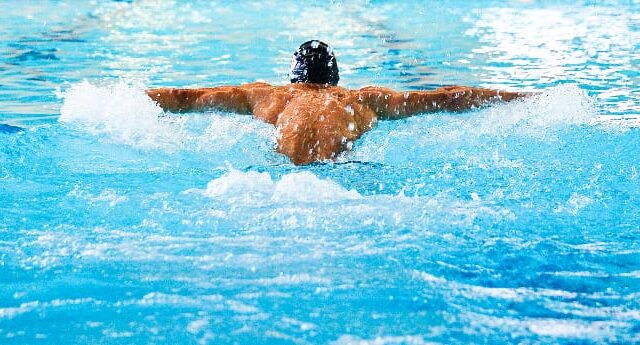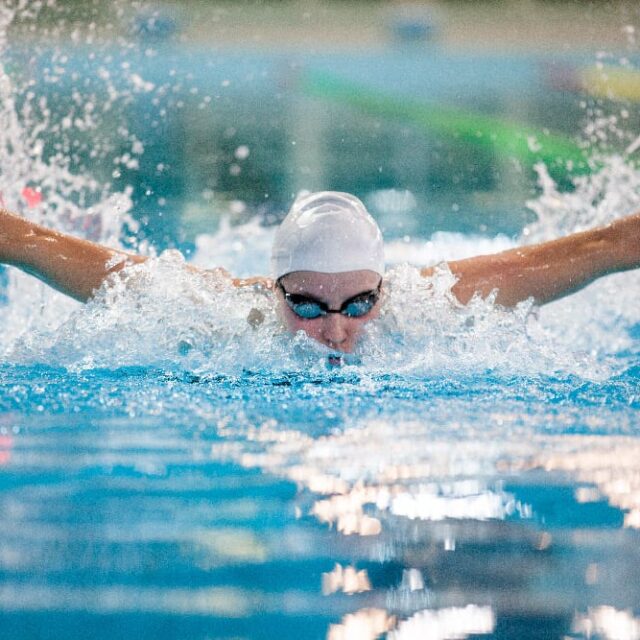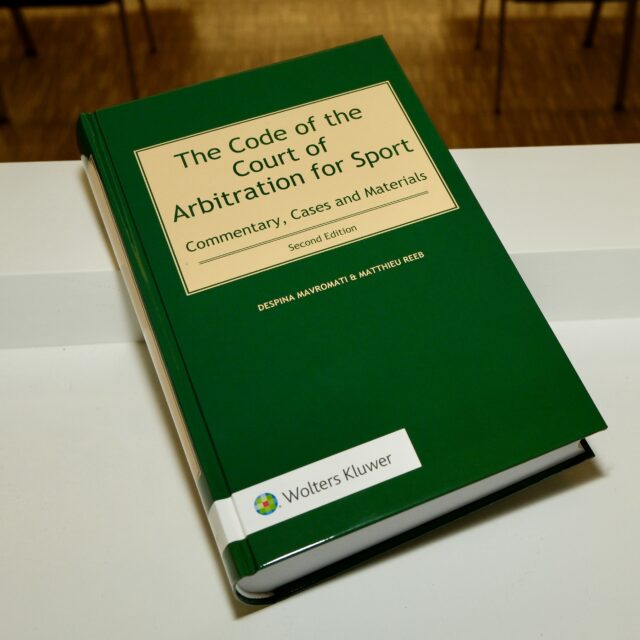The request for revision must show how the newly found evidence could influence the outcome of the decision
The dispute arose following an agreement between two clubs for the transfer of a football player. As per the transfer agreement, Club B had to pay additional compensation amounting to half of the transfer sum in the event of the player being transferred to a third club.
Following a transfer agreement to a third club, Club A alleged that Club B had negotiated for more than twice the disclosed transfer amount and requested the production of all the agreements in order to determine the true value of the transfer.
The dispute went to the CAS, which dismissed the claim, finding no evidence that the transfer compensation was in fact higher and that the other contracts had been simulated.
A couple of years later, Club A filed a revision request before the SFT, by citing five media articles from 2018 and an email of 2014. A revision is possible if the requesting party subsequently learns significant facts or finds decisive evidence which it was not able to produce in the previous proceedings, excluding facts and evidence which only arose after the decision.
The SFT judgment is interesting for the rather exceptional character of the requests for revision among the sports arbitration cases. In case a request for revision is upheld, the matter will be reverted back to the previous instance.
Moreover, the SFT repeated that the newly presented facts must be substantial, i.e. they must be suitable to change the factual basis of the decision requested for appeal and, if the legal assessment is correct, to lead to a different decision. New evidence must serve either to prove new substantial facts justifying the appeal or to prove facts which were known in the previous proceedings but remained unproven to the detriment of the Claimant.
Importantly, the SFT held that the determination of whether there are reasons for revision is a question related to the well-founded of the judgment.
The claimant (Club A) supported that the facts and evidence were discovered after the issuance of the arbitral award, revealed almost two years afterwards in the French and Spanish press, and had they been known earlier, they likely would have influenced the ruling. However, the SFT considered that Club A failed to establish how these new facts would be prone to lead to a different decision. Furthermore, the Club had failed to prove the authenticity of the document produced, a necessary condition if such authenticity is disputed by the other party.








